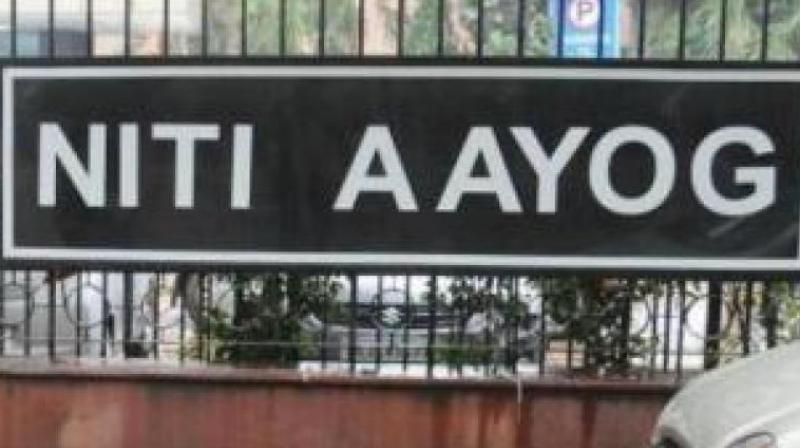Big-bang reforms on cards: Niti Aayog’s Rajiv Kumar
We are going to pretty much hit the ground running.

New Delhi: In the first 100 days of Prime Minister Narendra Modi’s second term, ‘big-bang’ economic reforms that should please foreign investors are likely to be pursued, according to Rajiv Kumar, Vice Chairman of Niti Aayog.
The reforms will include changes in labour laws, privatisation moves, and creation of land banks for new industrial development, said Kumar, who reports directly to Modi.
“They (foreign investors) will have reasons to be happy. You will see a slew of reforms I can assure you of that. We are going to pretty much hit the ground running,” Kumar told Reuters in an interview.
Kumar said reforms in complicated labour laws would see the light of day as early as the next parliamentary session in July, when the government would place a new bill before the lower house for approval.
It will aim to combine 44 central laws into four codes-–wages, industrial relations, social security and welfare, and the fourth--occupational safety, health and working conditions.
This should help companies to avoid getting embroiled in complicated disputes with their workers.
The government could also offer swathes of land to foreign investors from the land banks it plans to create from unutilised land controlled by public sector enterprises, Kumar said.
“What could be attempted is to build an inventory of government land that can then be offered to foreign investors,” Kumar said.
The land parcels could be designed as clusters catering to a specific set of investors or industrial sectors, Kumar said.
Getting access to some of the large amounts of unutilised government land would reduce major risks for foreign companies.
Kumar said the government would focus on fully privatising or closing more than 42 state-controlled companies in the coming months. The government is even mulling lifting the foreign direct investment cap on Air India to make it easier to sell.
Kumar also said that it could create an autonomous holding company that would control all state-owned firms and wouldn’t be answerable to lots of different ministries. This would speed up decision-making for asset sales, avoiding much of the central government’s bureaucracy.
Kumar blamed the stressed balance sheet of banks and a crisis in the shadow lending industry for the recent drop in growth.

